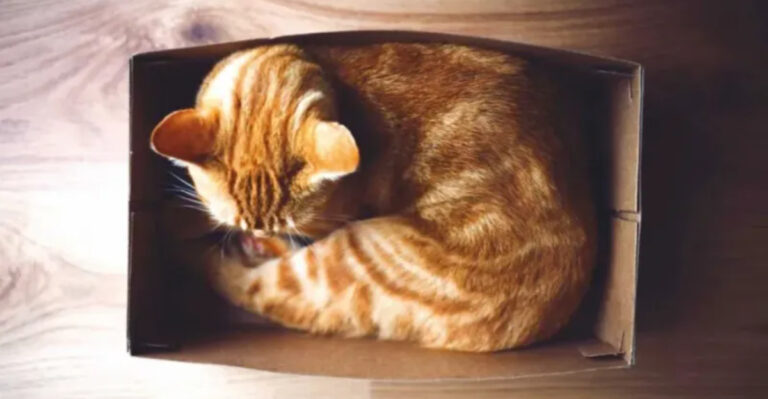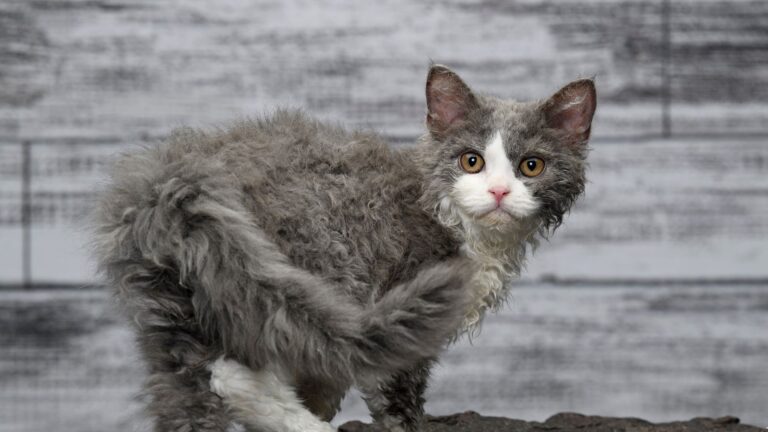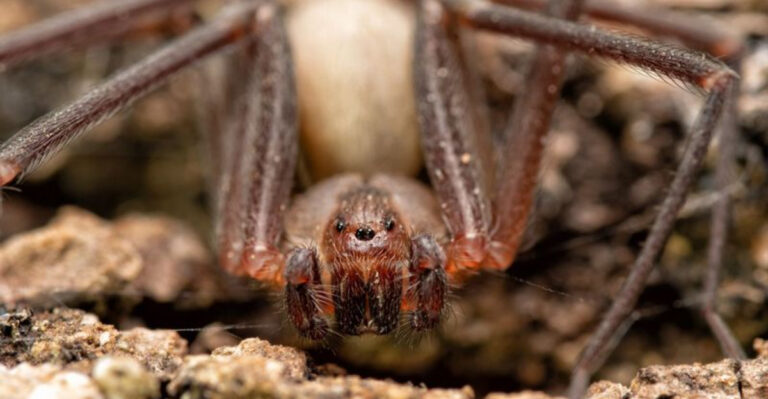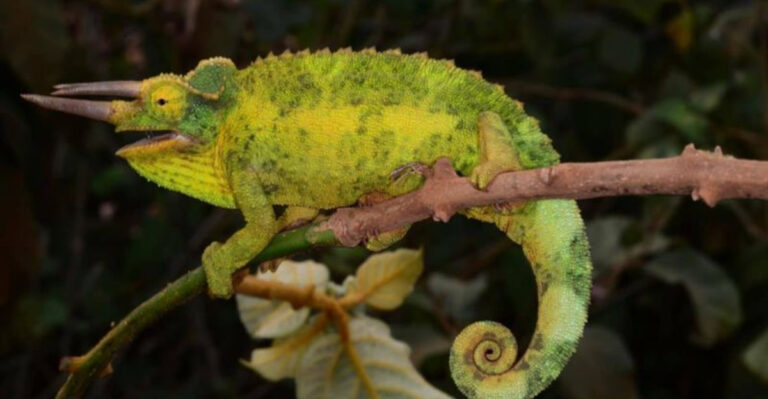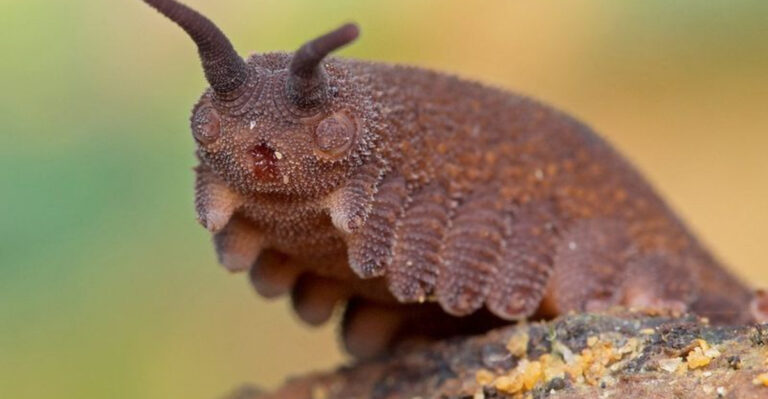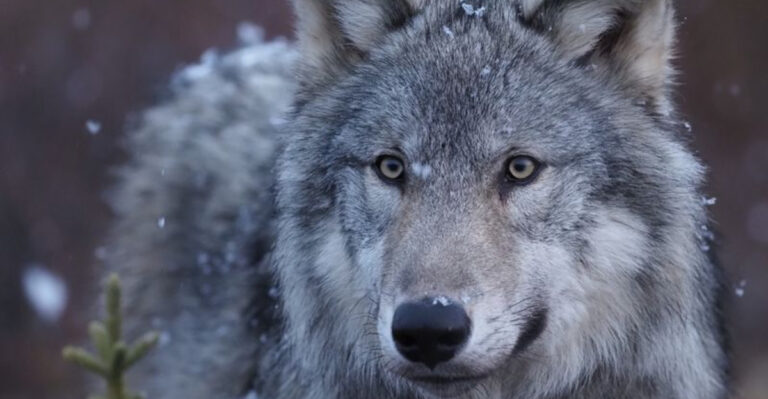14 Animals That Naturally Deter Skunks And Keep Your Yard Safe
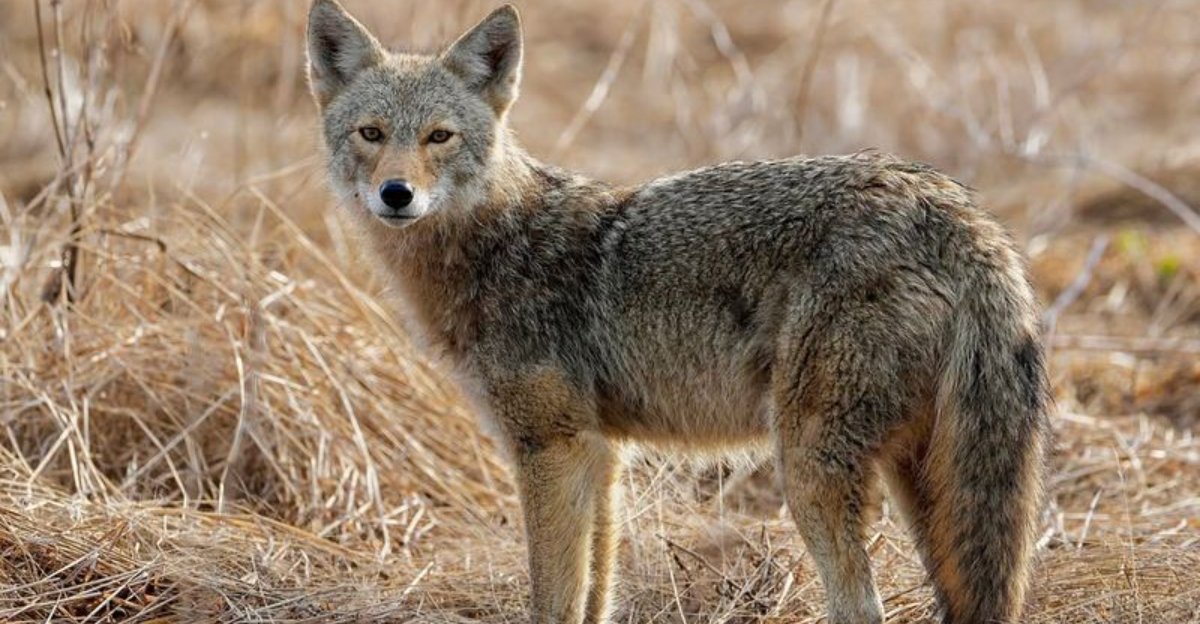
Skunks, with their notorious spray, can be a real nuisance for property owners. Fortunately, nature provides some effective allies to help keep these odorous critters at bay.
These creatures not only deter skunks but also contribute to the ecological balance of your surroundings.
1. Cats
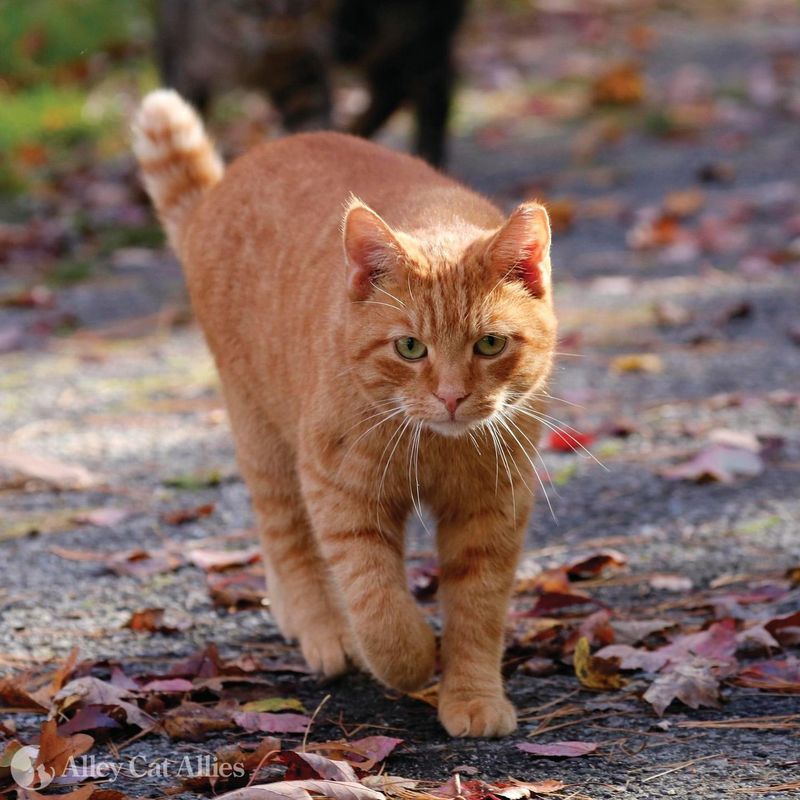
Outdoor or feral cats often patrol their territory with a watchful eye, and their stealthy stalking can unsettle smaller animals like skunks.
Although they’re less likely to engage directly, cats can be a strong deterrent simply by sharing the space.
2. Turkeys
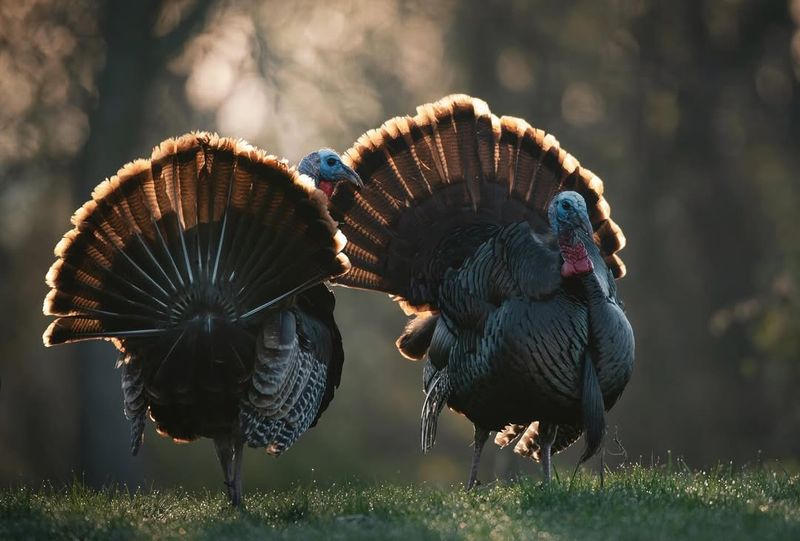
Surprisingly, wild turkeys can be effective at scaring skunks away, especially in flocks.
They’re highly alert and aggressive when threatened, sometimes chasing off smaller animals. While not predators, their bold behavior can help keep skunks out of the yard.
3. Owls
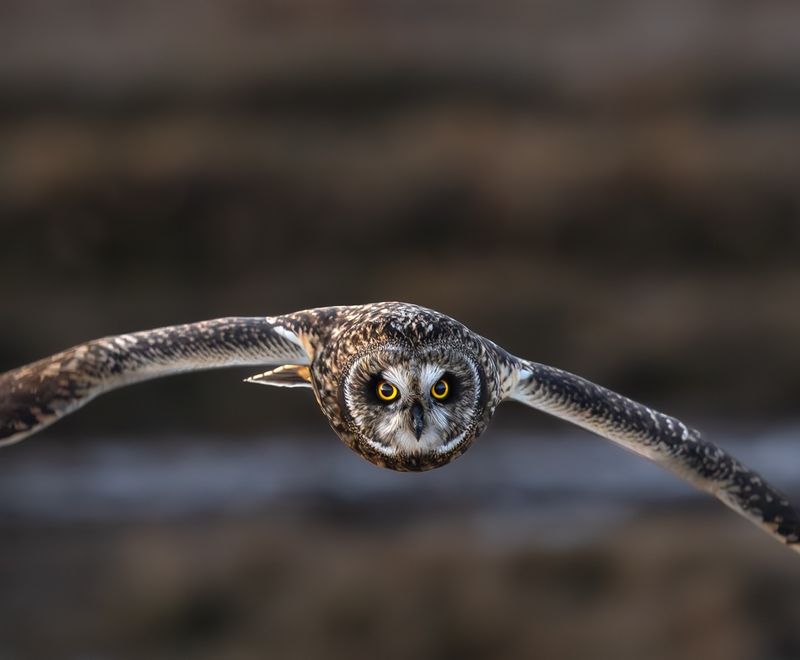
Silent but deadly, owls are natural predators of skunks.
Their excellent night vision and stealthy flight make them effective hunters, especially when skunks are most active. A resident owl can help keep the skunk population in check around your property.
4. Badgers
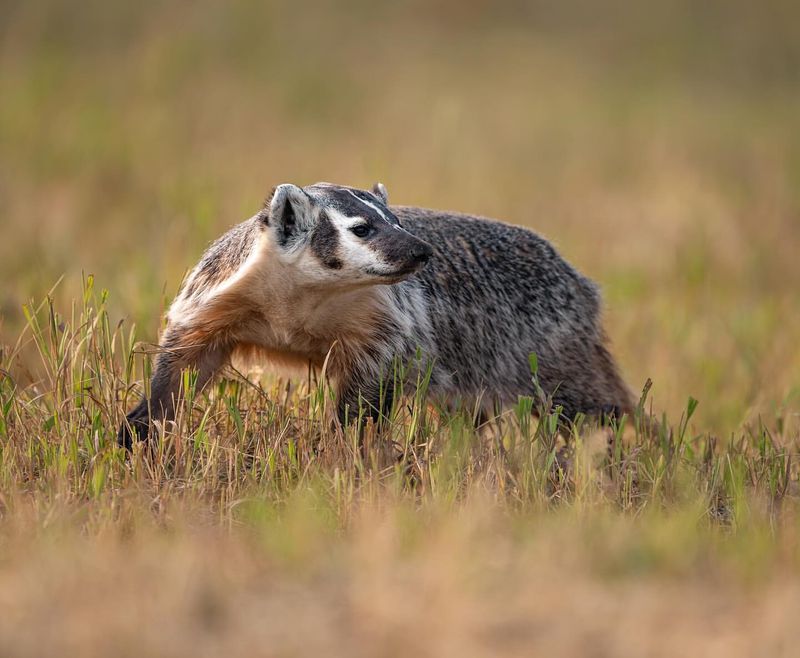
Badgers are tough and fearless burrowers that occasionally prey on skunks.
Their aggressive digging and confrontational nature make them a threat to skunks seeking shelter underground. Their scent and activity alone can make skunks retreat.
5. Foxes
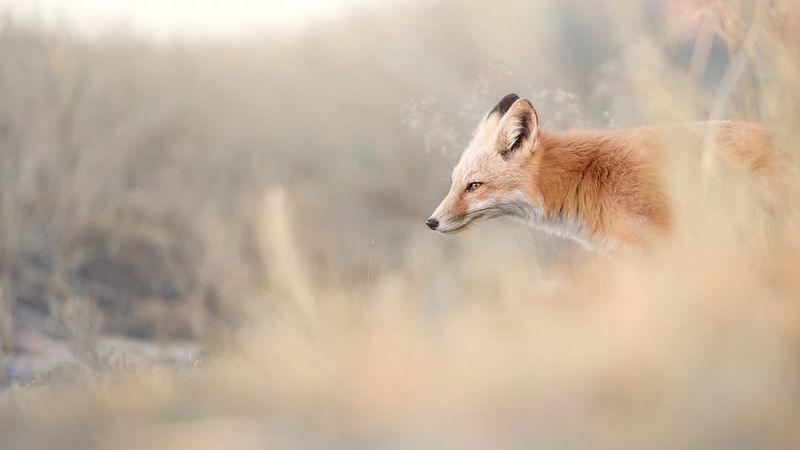
Foxes are cunning and opportunistic hunters that won’t shy away from a skunk if it’s hungry enough.
While they’re cautious of the skunk’s spray, their speed and agility give them the edge. Their scent alone can be enough to discourage skunks from sticking around.
6. Coyotes
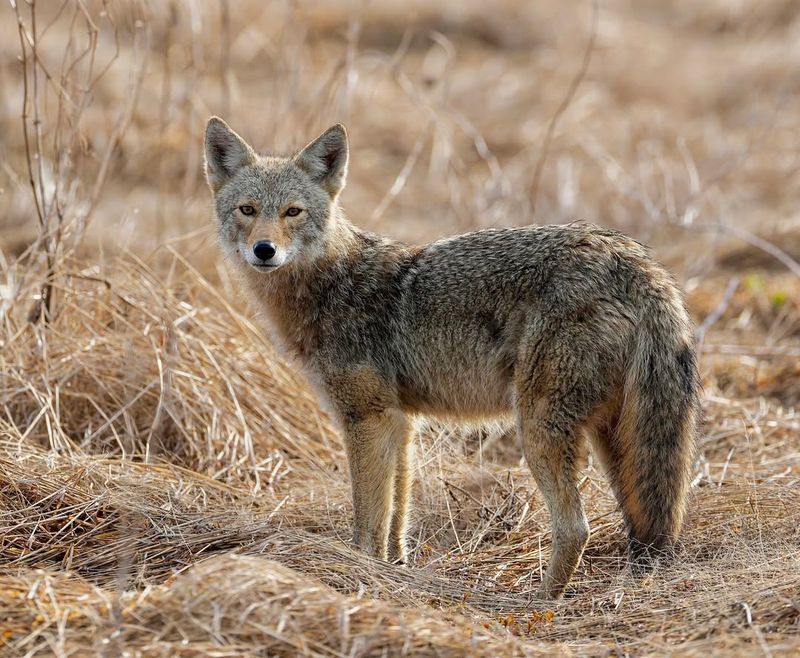
Coyotes are bold and adaptable predators known to prey on skunks when other food is scarce.
Just their presence in an area can make skunks think twice about lingering. These canines help maintain balance in local wildlife populations.
7. Dogs

While not all dogs hunt, their barking, scent, and territorial behavior can naturally scare off skunks.
Many dogs instinctively chase intruding animals, making them an unwelcoming presence for skunks looking for a quiet yard to explore.
8. Raccoons
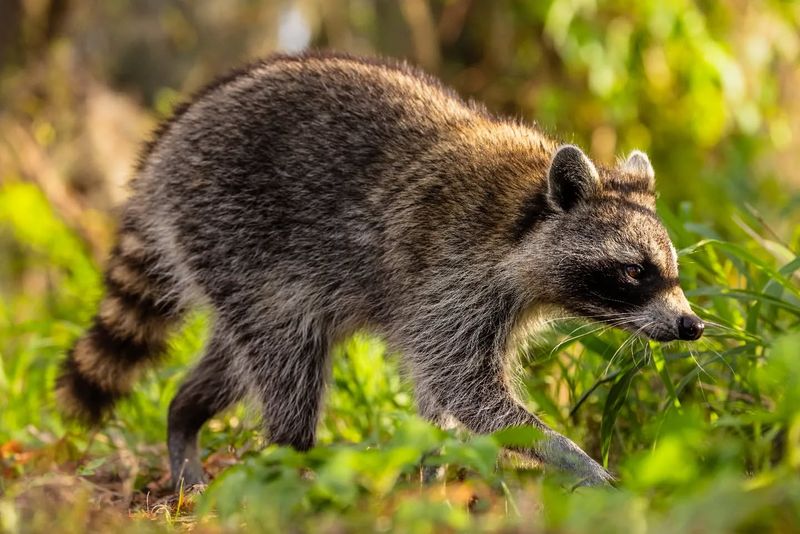
Although raccoons and skunks can share similar territories, they can also compete for food.
Raccoons are more assertive and may drive skunks away from trash bins or feeding areas. Their bold behavior can discourage skunks from lingering.
9. Eagles
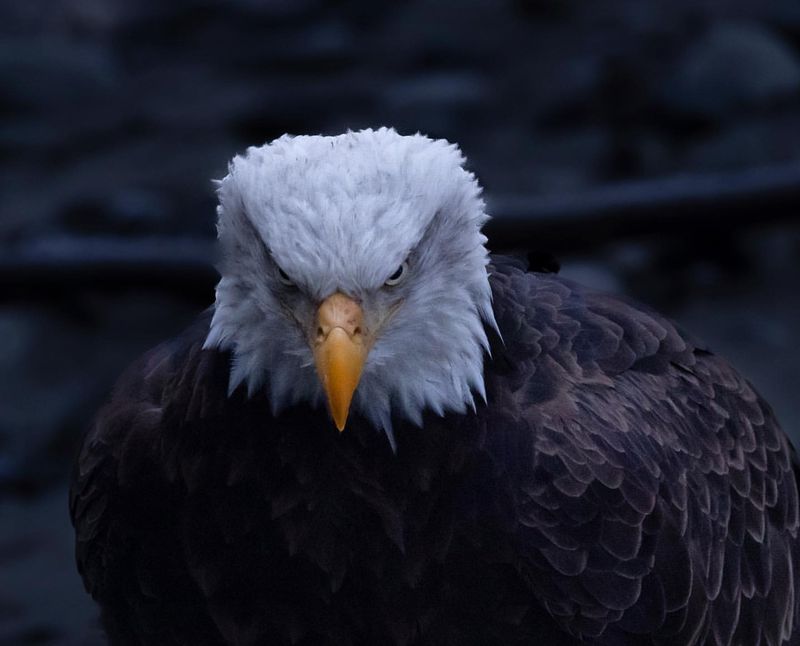
Large birds of prey like eagles are powerful enough to take on small mammals, including skunks.
While skunks aren’t their top choice, they’re not off-limits. Eagles help control local wildlife populations from above.
10. Hawks
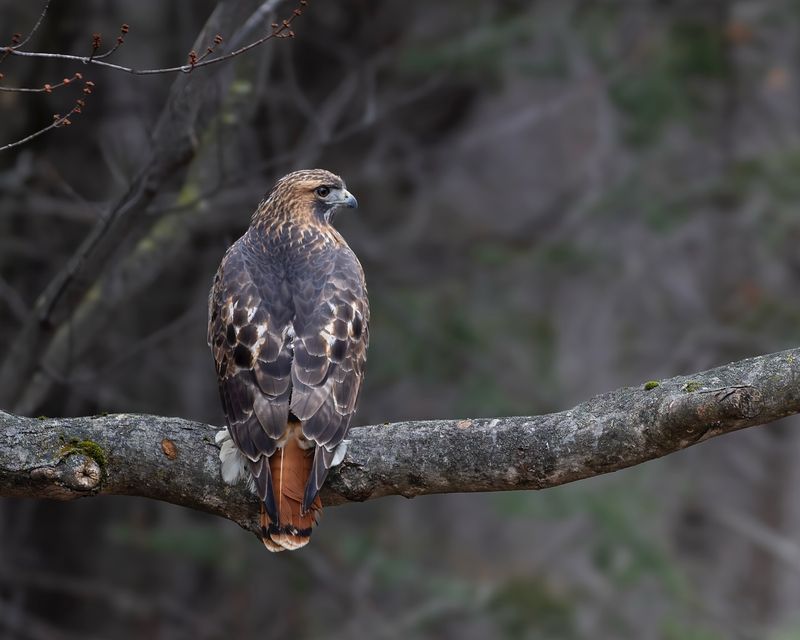
With sharp talons and keen eyesight, hawks are skilled predators capable of targeting young or smaller skunks.
Their aerial presence can make open areas feel unsafe for skunks. A hawk’s watchful patrol is enough to keep many pests away.
11. Bobcats
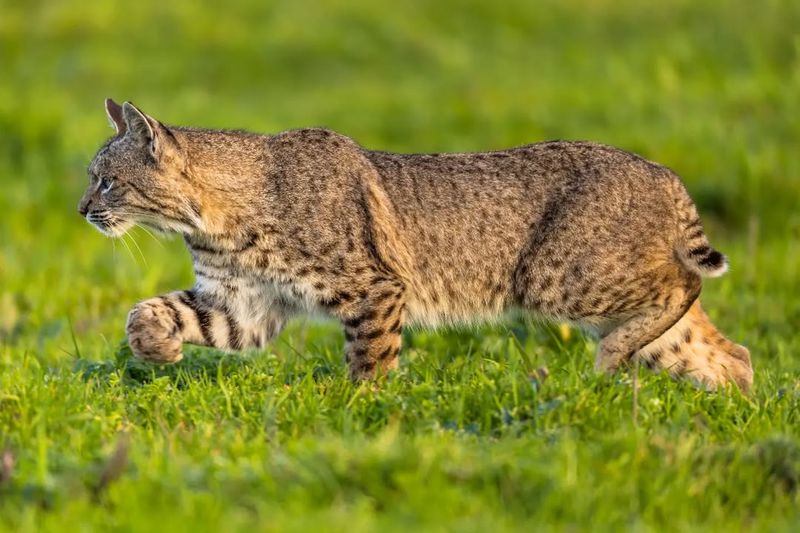
Like lynxes, bobcats are quiet stalkers that occasionally prey on skunks.
They typically strike with speed and precision, avoiding a direct spray. Their presence can push skunks to find safer, less contested territory.
12. Snakes
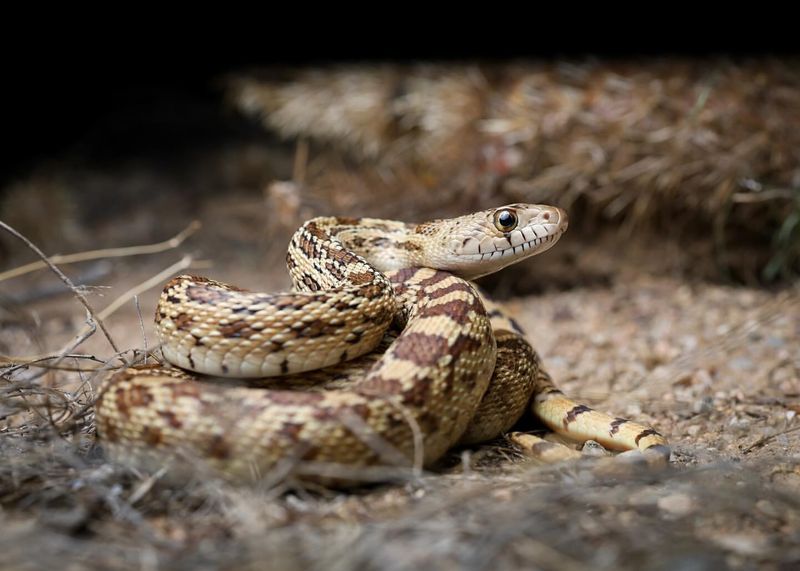
Certain large snakes, like rat snakes or kingsnakes, may prey on skunk kits or compete for similar food sources.
Their silent and slithering presence is often enough to disrupt the comfort zone of a skunk. Snakes also keep other pests in check.
13. Wolves
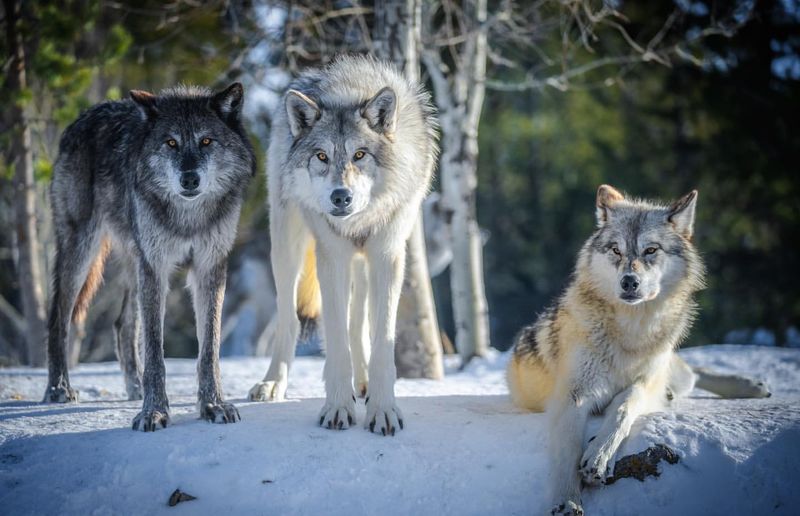
In wilder areas, wolves are apex predators that instill fear in nearly all smaller creatures.
Skunks know better than to linger near an active wolf pack’s territory. While not common in backyards, their scent or sound can signal danger to a skunk.
14. Lynxes
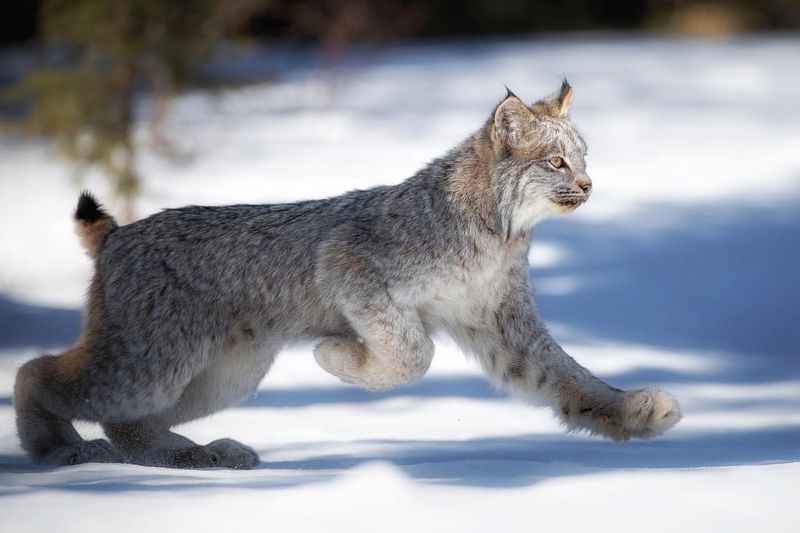
These elusive wildcats are solitary and skilled hunters that may target skunks, especially young or injured ones. Their keen senses and agility make them effective deterrents in forested or mountainous regions.

